Who’s investing during the Covid-19 pandemic, and in what?
By France24
06 June 2020 |
9:00 am
The Covid-19 pandemic has stalled business decisions in many parts of the world, including major investments. Some start-ups, however, continue to raise funding. In this programme, we speak to Pascal Cagni, founder of C4 Ventures, about his fund's investments and the landscape in general during the crisis. Also in the show, our correspondents report from Australia on how international students there are struggling because of the impact of the virus. Plus, as lockdown restrictions are lifted in France, nightclub owners still have no idea when they will be able to re-open.
In this article
Related
Related
1 day ago
Unrelated images are going viral on social media, claiming to show last Friday's retaliatory strike by Israel on Iran. In this edition of Truth or Fake, we tell you what we know about this footage, based on verified images.
1 day ago
A review of the UN agency's neutrality was prompted by Israeli accusations that aid workers in Gaza were "terrorists." An independent panel says Israel provided no evidence to back the claim.
1 day ago
North Korean state media has claimed Pyongyang tested a "nuclear trigger" simulation drill as a "warning signal" to the US and South Korea.
1 day ago
At least five people are reported to have died in an attempt to cross the English Channel. Only hours earlier, the UK Parliament voted to deport some of those who enter Britain illegally as a deterrent to migrants.
3 hours ago
Since 2015, the number of malaria cases worldwide have stalled and ― in some areas, they're even increasing. That's after two decades of falling numbers. What's going on?
Latest
3 hours ago
Aigboje Aig-Imoukhuede, the Chairman of Access Holdings says the move by the group to raise $1.5 billion over five years reflects the financial institutions growth plans. Speaking with CNBC Africa's Kenneth Igbomor, Aig-Imoukhuede reiterates that the decision for a rights issue was in line with the role of its shareholders in the growth of the bank over the years.
3 hours ago
Infusions, anti-aging creams or anti-stress drops made from cannabis are some of the food supplements that Morocco will begin to market imminently and that are already on display at the International Agriculture Exhibition (SIAM) inaugurated this Monday, after legalization of this plant in 2021 for pharmaceutical and industrial uses.
1 day ago
Find these stories and much more when you grab a copy of The Guardian on Wednesday.
1 day ago
The heat of the Premier League title race is on and big games are coming this midweek. Arsenal at the Emirates will take on Chelsea, Everton will entertain Liverpool, and Manchester City will be up against Brighton. Ayomide Sotunbo and Hogan Niyi preview the games in this week's edition of The Nutmeg.
1 day ago
Turkey's president Recep Tayyp Erdogan was in Iraq this Monday - his first official visit in years, where he signed a raft of deals to try and reset rocky relations. High on the agenda was the water issue, stemming from Turkey's construction of dams on the Tigris and Euphrates rivers that reduced the supply downstream to Iraq.
1 day ago
The vote was seen as a referendum on President Mohamad Muizzu's pledge to abandon the country's "India First" policy for closer ties with China. Electoral authorities reported a turnout higher than 73%.
×

Get the latest news delivered straight to your inbox every day of the week. Stay informed with the Guardian’s leading coverage of Nigerian and world news, business, technology and sports.


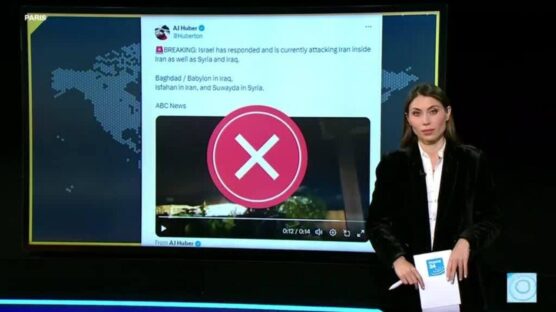
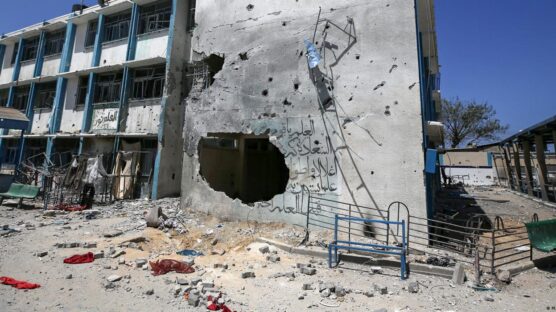
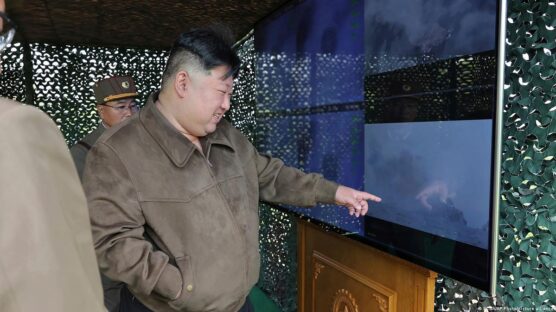
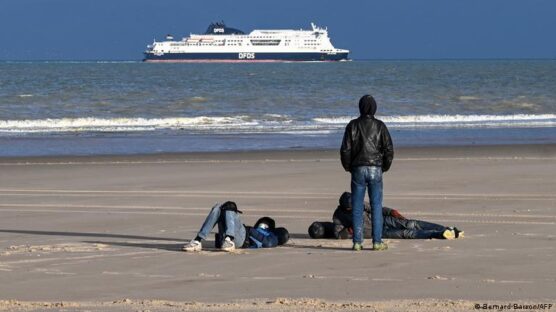
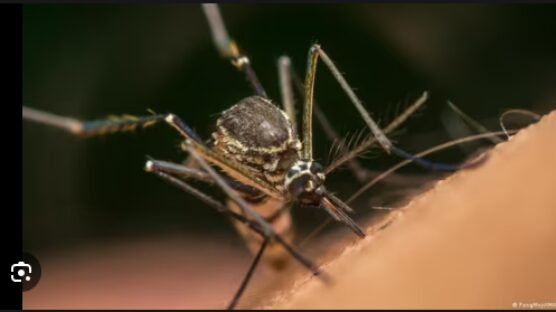
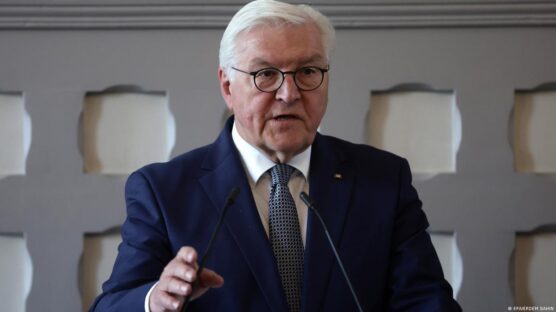




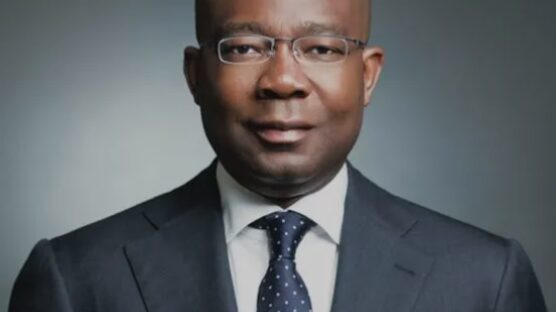
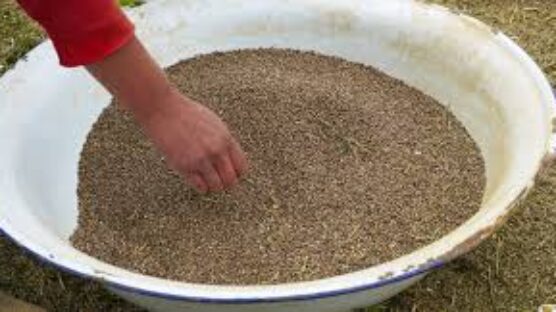
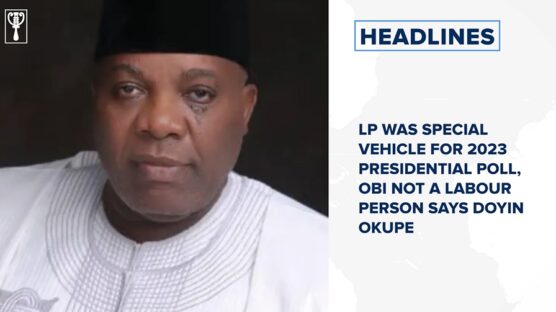

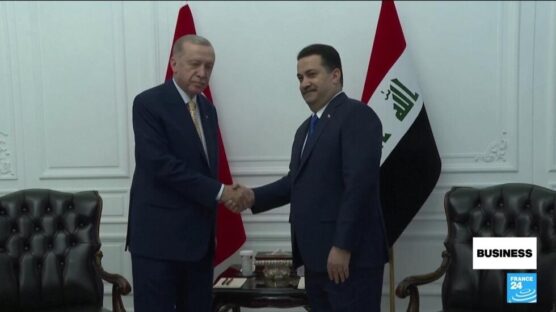
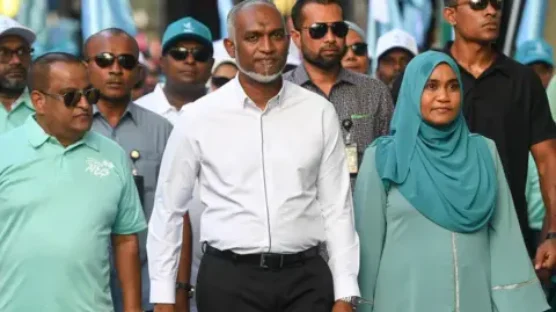
0 Comments
We will review and take appropriate action.